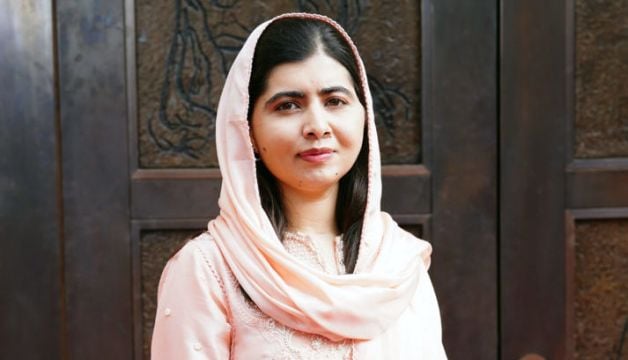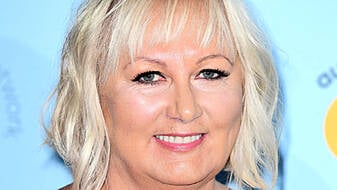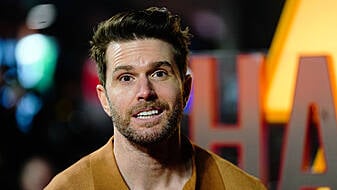Nobel Peace laureate Malala Yousafzai said her debut film production, about a band of Korean fisherwomen who dive without oxygen to the ocean floor to harvest food, inspires female resilience.
The Last Of The Sea Women follows the haenyeo divers of South Korea’s Jeju Island, most aged in their 60s or older, as they tackle a threat to the waters that are the source of their livelihood.
The documentary marks activist Yousafzai’s first feature from her new company, Extracurricular Productions.
View this post on Instagram
Advertisement
“I was inspired by the story of haenyeo because they are free divers, and women often are told that they have limits to what they are capable of,” the 27-year-old told the PA news agency.
“When I see this documentary and look at the phenomenal things that these women can do, the community that they have created, how they can dive into the ocean as deep as they can and stay there without any oxygen for two to three minutes, and they have a whole livelihood created around that which is very sustainable and very community focused, I learned so much from it.
“And I think it’s a story that is relevant for women all around the world, especially women and girls who advocate for equality, who advocate for a better life for women.”
Yousafzai said their resilience in the face of danger and climate threats prompted her to think “are there capabilities that a lot of women don’t actually know of”.
“So this is a story that helps us reflect on how far we can go,” she said.
Korean-American director Sue Kim said she first became “fascinated” with the haenyeo divers at the age of eight while travelling to South Korea’s Jeju Island with her family.
Their way of life is in danger of disappearing. From Producer @Malala, Director Sue Kim, and @A24 comes The Last of the Sea Women, a breathtaking look at the lives of the Haenyeo — the sea women of South Korea’s Jeju Island. pic.twitter.com/wIidZrk5hR
— Apple TV (@AppleTV) September 5, 2024
Advertisement
“I saw them, a group of women kitted out in their wetsuits and walking into the water – they looked so tough, so badass, so cool – and I remember instantly just thinking that they were kind of an underwater secret girl gang,” she told PA.
“They really gave me another option of Korean womanhood, of the kind of Korean womanhood I could try to aspire to be, and that’s really how this project came to be.
“It stems from that childhood memory that imprinted on me at such a formative age.”
The Apple TV+ film examines the challenges the women face both in and out of the water.
Kim said the future of the haenyeo is “quite uncertain” following a “discernible lack of interest in the younger women to carry on this tradition” and “a number of existential threats that are related to the environment”.
Yousafzai said The Last Of The Sea Women was “one of the first pitches” she came across when setting up her production company and that she “said yes straight away”.
“It is such a unique story of women’s resilience, we do not have it covered yet, and I did not know about it personally so I said, ‘I need to know about this, other women and other people need to know about this’,” she said.
“It’s one of the few matriarchal societies in the world, and the message of cooperation and community that they send is so relevant to all of us.”
The film’s release came days after Yousafzai marked 12 years since she narrowly avoided death after being shot in the head by the Taliban for her campaigning for girls’ rights to education.
The Last Of The Sea Women is streaming now on Apple TV+.







